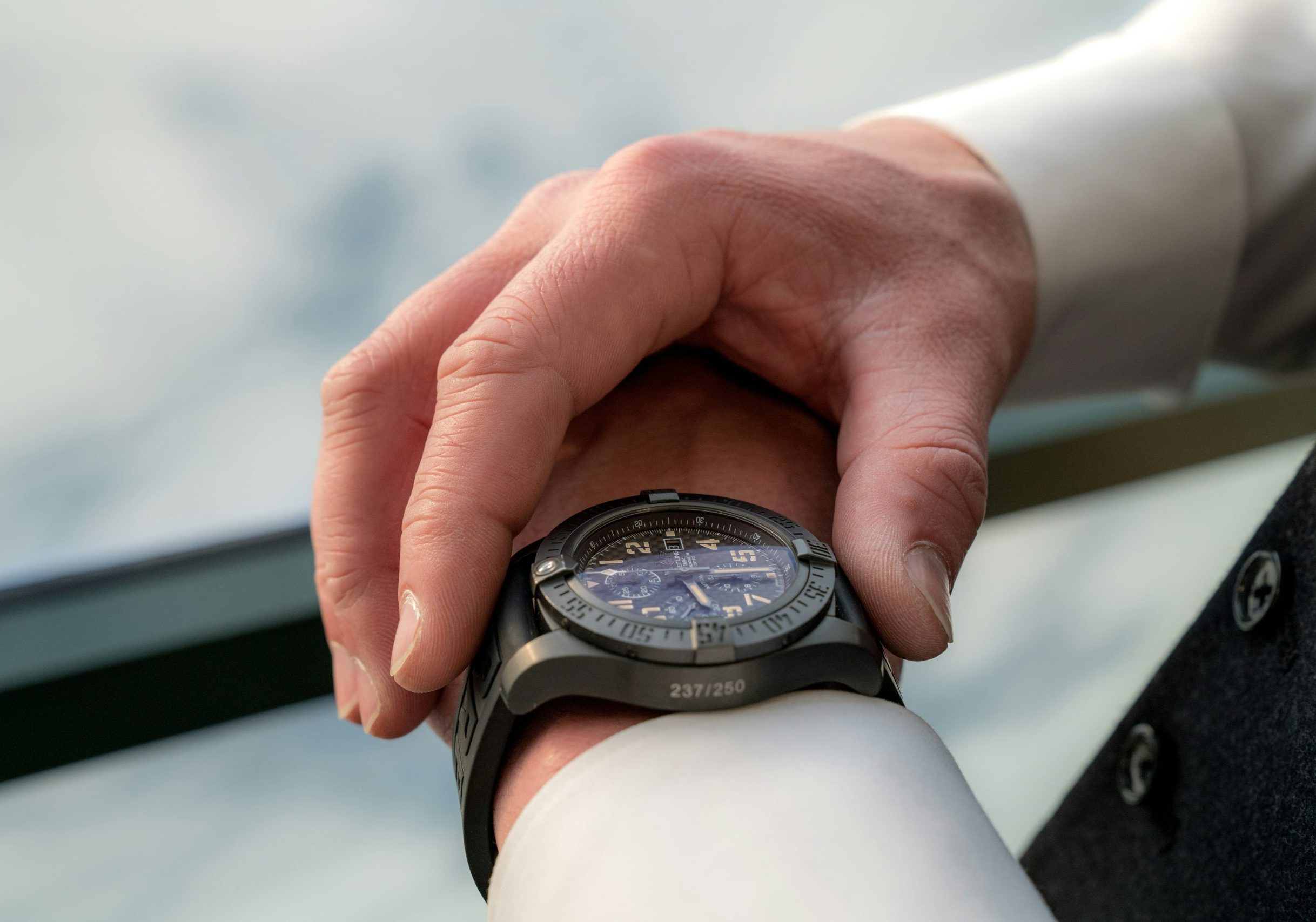What if your embryos get stuck in customs? Or a flight delay turns hours into days? These aren’t just logistical headaches—they’re nightmares for anyone who’s invested months and thousands in IVF or surrogacy. Your frozen embryos, eggs, or sperm are irreplaceable, and even a short delay could risk temperature spikes that cause irreversible damage.
At LifeParcel, we’ve handled IVF shipping delays in our 2,500+ missions with zero incidents of loss. In this guide, we’ll explain what happens during a delay, the real risks, and how to protect your materials for safe IVF transport.
Understanding IVF shipping delays: the facts
IVF shipping delays are more common than many aspiring parents realize. Weather events, flight disruptions, and customs procedures can extend what should be a 2-3 day journey. In our experience handling international fertility transports across 32 countries, approximately 15% encounter some form of delay.
The key point: delays themselves don’t damage your materials. Problems arise when delays aren’t properly managed.
Your embryos, eggs, or sperm are preserved through vitrification at -196°C—a process that essentially stops all cellular activity. At this temperature, your genetic material remains stable whether the transport takes 2 days or 7 days, provided the temperature is maintained consistently.
Real risks during IVF shipping delays
Temperature fluctuations: The primary concern. Even brief warming above -190°C can cause ice crystal formation, potentially reducing embryo viability by 30-40% or compromising sperm integrity entirely.
Container limitations: Standard dry shippers maintain proper temperatures for 7-14 days under ideal conditions. Stress from delays, temperature variations, or repeated handling can reduce this timeframe significantly.
Chain of custody issues: Traditional shipping services involve multiple handlers during delays. Each handoff increases the risk of mishandling or temperature exposure.
Customs complications: International IVF shipping delays often occur at borders where officials may lack familiarity with proper handling procedures for cryogenic materials.
Communication gaps: Many providers only discover problems after delivery, leaving you uninformed during critical delay periods.
How it’s prevented: built-in buffers and protocols
Safe IVF transport is built around the reality that delays happen. Here’s how top providers like LifeParcel minimize risks:
Extended container capacity
- Most dry shippers hold -196°C for 7-14 days, giving a buffer for typical 2-5 day trips.
- Advanced models extend to 21 days, covering even severe delays.
Real-time monitoring and alerts
- Continuous loggers detect drifts instantly, triggering rerouting or recharging.
- GPS and 24/7 concierge allow immediate intervention, preventing viability loss.
Emergency contingencies
- Pre-cleared customs and backup flights minimize holdups.
- Hand-carry eliminates multi-handler risks, ensuring one person oversees the entire trip.
Regulatory preparation
- Expert documentation avoids customs rejections, with contingency plans for inspections.
Questions to ask your transport provider
Before choosing, ask these to gauge delay handling:
“What’s your container’s maximum hold time?” Aim for 21 days for safety.
“How do you monitor during delays?” Demand real-time alerts, not post-delivery logs.
“What’s your emergency plan for customs holdups?” Look for pre-clearance and recharging options.
“Can I get updates during delays?” Ensure 24/7 concierge access.
“What’s your track record with delayed shipments?” Demand specific success numbers.
These questions reveal if they’re prepared.
LifeParcel’s approach to managing IVF shipping delays
Extended container capacity: We use medical-grade shippers rated for 21 days, providing substantial buffers for any reasonable delay scenario.
Continuous monitoring: Real-time temperature and GPS tracking means immediate alerts if conditions change. Our team responds immediately, not days later.
Single courier responsibility: Your materials remain with one dedicated, qualified courier throughout the journey. No handoffs, no gaps in care.
Pre-cleared documentation: We prepare customs paperwork and secure necessary approvals before transport begins, minimizing border delays.
24/7 support infrastructure: Your dedicated concierge maintains constant communication with our courier and provides real-time updates on any delay situations.
Expert problem resolution: Our team includes logistics specialists and scientific experts who understand both the technical requirements and regulatory landscape.

Your peace of mind matters
Your fertility materials represent significant medical, financial, and emotional investment. IVF shipping delays won’t jeopardize that investment if proper expertise and protocols are in place.
If you’re planning fertility treatment requiring transport, our embryologist-led team provides the scientific expertise and logistical experience to ensure successful outcomes.
Want to take the stress out of IVF transport? Request a quote or call us at +1-866-370-6577.





